#academic fields
Explore tagged Tumblr posts
Text
#studyblr#polls#tumblr polls#academia#academics#academic polls#studyblr polls#science#scientific fields#academic fields#anthropology#archaeology#archeology#primatology#primates#humans#human biology#biology#life science#health science#sciblr#medblr#paleoblr#paleoanthropology#zooarchaeology#zoology#osteology#medical anthropology#ethnology#linguistics
27 notes
·
View notes
Text

Critical Thinking for Homeschoolers.
One of the fundamental values that we inculcate in our students at CCL is the establishment of more profound learning experiences. Parents frequently express their dissatisfaction with their homeschooled children due to their lack of motivation, engagement, and apathy. They do not understand the value of a proper education, and they are diverted by technology. Additionally, they lack the curiosity and sense of astonishment necessary to explore their resources further. This disconnect can lead to frustration, as parents struggle to inspire a love of learning in their children. Encouraging open discussions about interests and incorporating hands-on activities might help rekindle that curiosity and foster a more positive educational experience. How can parents encourage their children to pose straightforward yet profound inquiries regarding the universe or life? In what ways can they assist them in establishing genuine connections with other humans or the natural world? How can they plan their academic and extracurricular activities more effectively and develop strategies? Learn more about our homeschooling consultation program at cambridgecreationlab.com
0 notes
Text

Electric field or smt
#studyblr#study motivation#studyspo#chaotic studyblr#study aesthetic#study blog#studyinspo#chaotic academia#study notes#studyspiration#study#study inspiration#studying#physics#electricity#magnetism#electric fields#stem academia#stem aesthetic#stem studyblr#stemblr#dark academia#dark academic aesthetic#stem#women in stem#stem student#hand writing#cursive#messy notes
1K notes
·
View notes
Text
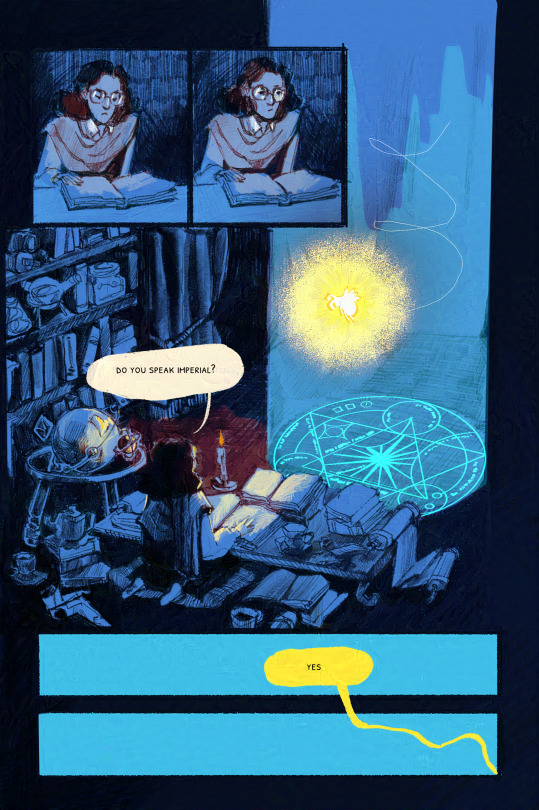
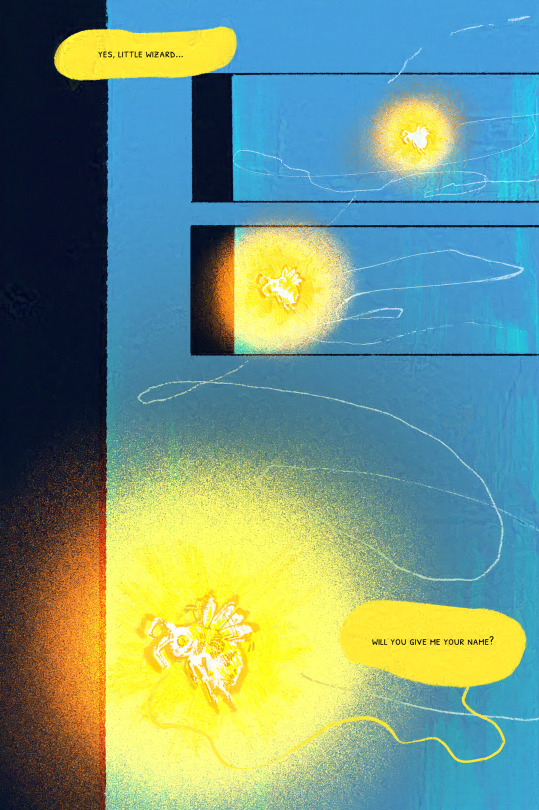
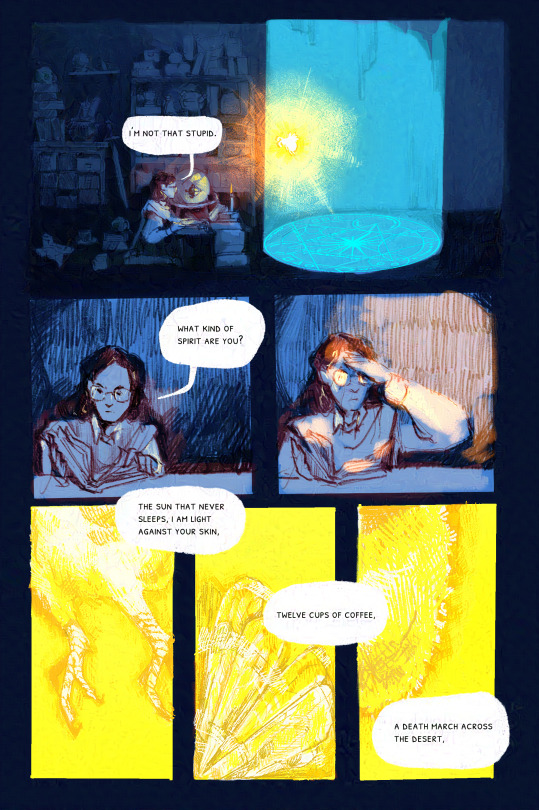


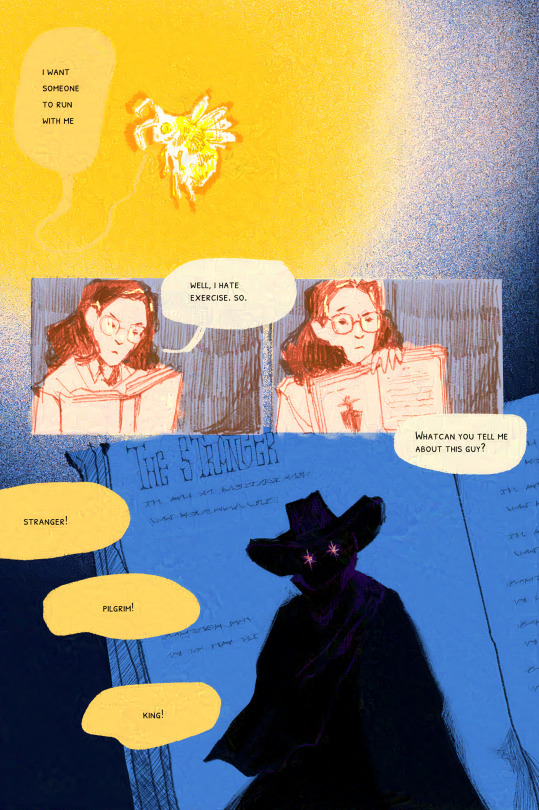
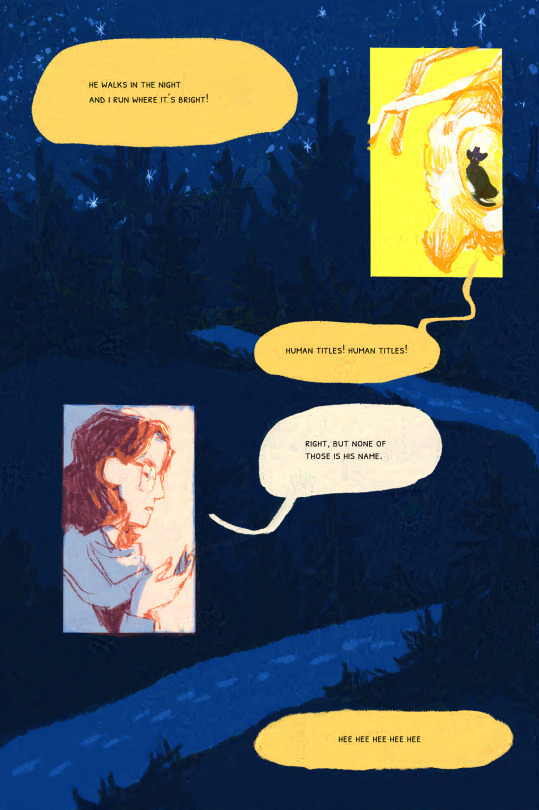
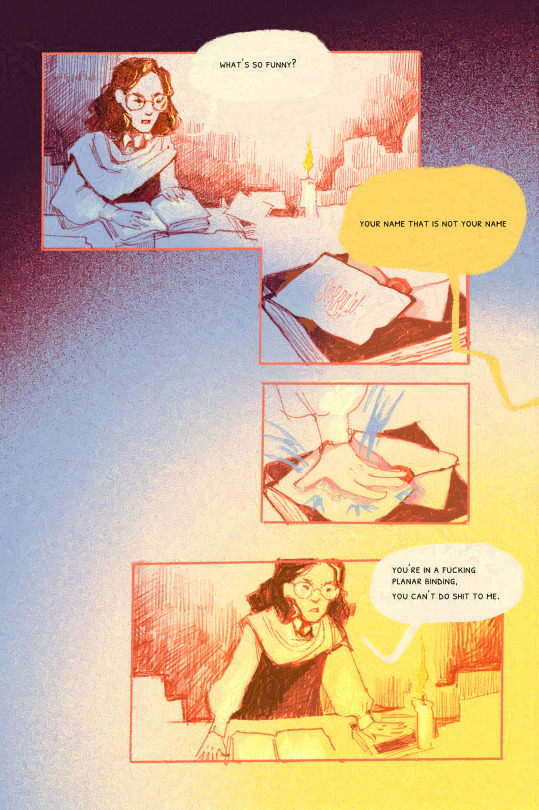
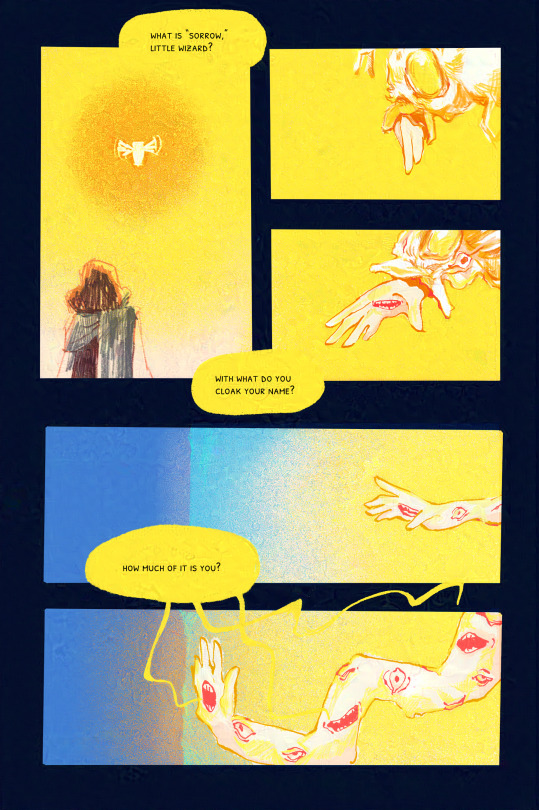
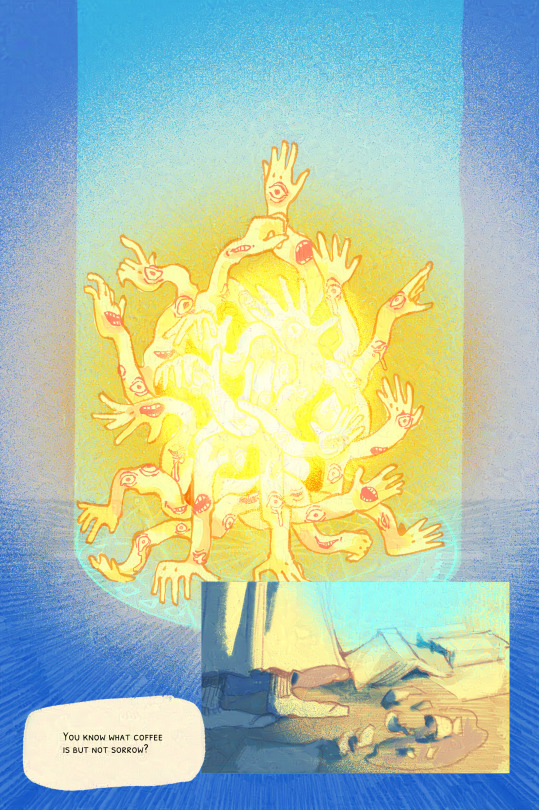
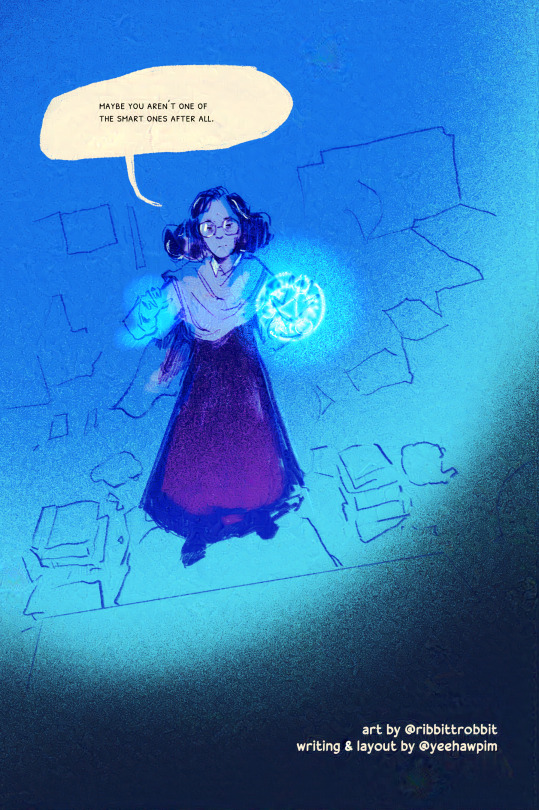
The adventures of the Wizard Sorrow & Boshi (working title): a WBN Umora OC comics collab with @yeehawpim!!!!!
Pim did the story + layout and then let me run wild (and pop in at odd hours with questions about Boshi's design) See Pim's mad composition genius + OC lore over here Sorrow lore here & here
👀 more to come perhaps 👀
#wbn pod#wbn oc#wwwo oc#wbn fanart#yeehawpim#ribbittrobbit#original comics#fan comics#my art#comics#is sorrow a self insert?#who is to say#i am also tired#and i am a grad student (albeit in a non-academic field)#worlds beyond number#the wizard the witch and the wild one#the wizard sorrow
4K notes
·
View notes
Text
a mildly irritating internet phenomenon is people who have a fairly thorough understanding of particular aspects of history but seemingly no grasp of historiography or the process through which that history has reached current understandings
like sometimes i see people criticising historical inaccuracies in fiction from 50+ years ago without acknowledging that they're completely in step with historiography at the time. (and i'm talking ideas about social and political structure, not small details of material culture, so things that often go through big shifts in interpretation.) that WAS the mainstream take at the time and it's what the author would have learned from research. just because we now recognise it as "wrong" doesn't mean that author didn't do research or care about the worldview of their characters. they were in fact trying to do that in the context of the information and interpretations available in their time.
a work of historical fiction from the 1960s tells you about two histories: the one it's set in, and the one it was written in. if you only focus on the first one and completely ignore the second, you are failing to understand the book and its context entirely
some of this is also that many people underestimate how recent a lot of historical discovery and historiographical argument is. they see an "incorrect" idea from the 70s and assume it would have been viewed that way in the 70s when in fact major academic pushback was in the 80s on (or whatever)
like, taking my interest areas of medieval celtic studies... this field is YOUNG. a lot of the current historical and literary consensus developed not only within living memory but in the working life of scholars who are still alive/working. some of the biggest arguments and dramas involved colleagues of people i now personally know. a lot of it went down *just* before i was born, but that doesn't make it distant memory at all. everyone writing in the 80s was writing before that happened
all of this is part of why i hold historical fiction from 50 years ago to wildly different standards than historical fiction published today (another element is the significantly greater challenges to accessing research materials from outside academia pre-internet)
#let's be real though the main reason it's annoying is because it's always done really condescendingly#anyway sorry i'm being bitchy about someone's takes on 'celtic christianity'#which are not incorrect takes. it's not a thing. i agree entirely#but there was a time at which it was a mainstream academic view#and not acknowledging that makes you look like you don't understand the field or the development of historical ideas#and therefore also the potential flaws and limitations in your own takes#pearsanta#stair
432 notes
·
View notes
Text

A lady in a field of flowers
c. 1900-1910s
Original autochrome colour photo
#dark academia#light academia#classical#academia aesthetic#escapism#academia#books and libraries#classic literature#books#architecture#old photograph#old#photography#old photography#autochrome#colour photo#1900s#20th century#A lady in a field of flowers#royal core#cottage core#aesthetic#academic#photograph#aesthetics#mood#vibe#tumblr#history
914 notes
·
View notes
Text





#academia#aesthetic#classic academia#dark academia#light academia#dark academic aesthetic#literature#chaotic academia#love#romanticism#chaos#romantic academia#dark academia books#dark aesthetic#dark academia vibes#dark academia aesthetic#light academism#light acadamia aesthetic#light aesthetic#forestcore#forest#fog#foggy aesthetic#lake#trees#field#river#moodboard#my moodboards
747 notes
·
View notes
Text
last night my spouse asked “is Vergil’s love of bees the main thing he’s known for, or is that just a niche classicist thing?” and I had to explain that the Aeneid is a whole thing. and I could leave this post there as a fun anecdote from my classicist-married-to-non-classicist household, but there’s also something interesting here in that it reinforces a trend I’ve noticed in teaching both Greek and Roman Civ classes for the last 5 years which is that non-specialists are now much more familiar with the Homeric epics and Greek material in general than they are with the Aeneid or really any Roman literature.
and I think there are a variety of reasons for this — the Odyssey especially seems to have a really strong transhistorical resonance as an adventure story (plus the hook of “man really wants to go home to his wife and his house,” which is admittedly universal), and pop culture in the last few decades has really amplified the prominence of Greek mythology in ways that have obviously helped the Iliad’s visibility. but there are also ways in which I feel like the Aeneid has very particular resonances at our historical moment - e.g. as a refugee narrative, as a comment on imperialism, etc — and so it’s kind of fascinating to me that familiarity with it seems to have dropped to the point that few of my students know anything about it before taking a Roman Civ class, when even in the mid-20th century I imagine the Aeneid may well have been more familiar to your average non-specialist than the Iliad
148 notes
·
View notes
Text
very funny to me how some people will avoid the word matriarchy like the plague. they’ll describe the ancient societies they’re researching as matrilineal, matrifocal, observe the evidence of goddess worship and the diminished or lack of male gods, and yet cannot bring themselves to even speculate that the society could have been matriarchal
is it a conflation of matriarchy with patriarchy, the idea that matriarchy is just the same oppressive system flipped on men? or is it an unwillingness to recognize that any society had women as its leaders and heads of household?
#I know academics have limits as to what they can say ‘without evidence’ and that matrilinearity and the presence of goddesses doesn’t#necessarily indicate a matriarchy. but come on#I’m not an academic (in this field at least) so I have no such restrictions#‘there were no matriarchies’ because there’s no evidence? or because that’s just what you refuse to call it?
92 notes
·
View notes
Text
every time i recommend a book on palestine or israel by an israeli author i get mad all over again about how much the field is literally dominated by them. like israeli institutions literally have the monopoly on studies of palestine that even critiques of israeli nationalism and zionism come from the israeli side. because of the occupation, their institutions deny resources to palestinian scholars and institutions by using them themselves, thus maintaining the monopoly and controlling the narrative. this means that palestinian scholars are often forced to submit to the racist zionist policies of israeli universities if they want their research funded. the fact that they allow critical perspectives means that they are so secure in their power they don't view them as a threat, cos they know that the scholars need them for their resources, which means they get to set the terms and hold these resources over ppls heads, and they have the power to cut ppl off immediately if they step out of line. see what happened to nadera shalhoub kevorkian at the hebrew university last year. this is why the academic boycott is so important.
#like even the journal of palestine studies publishes israeli academics cos they literally have no choice. no one else gets funding#which means no one else gets to stand out in the field
305 notes
·
View notes
Text
I've become obsessed with Fields of Mistria

#fields of mistria#has taken over my life#which is terrible for my academic life#and for my wips bc there's no space in my brain for anything else#on the other hand#this game is amazing and I highly recomend it#You can tell March is my favorite#And I lose my shit every time Juniper and Valen are near each other
88 notes
·
View notes
Text
Homeschooling Consulation Program at Cambridge Creation Lab
Embodiment is a notion that clarifies the fundamental nature of education. It emphasizes that teaching encompasses not just the dissemination of information but also the embodiment of values, practices, and relationships that influence the learning process. This method emphasizes the comprehensive character of education, whereby the teacher's presence and actions have a profound impact on student involvement and comprehension. Homeschooling is a Performance by Cambridge Creation Lab, crafted explicitly as a directive for parents, transcending just academic concerns. They aid in the proper management of your child's comprehensive educational and psychological development. Alongside academics, they provide ideas for teams, programs, competitions, resources, and activities to promote personal growth, enhance community involvement, and prioritize well-being.
0 notes
Text
[Phd fieldnotes 2 : Barbados]

In the 1970s, excavations at the Newton Slave Burial Ground uncovered the grave of a man believed to be a healer or spiritual figure. He was buried with powerful objects: metal jewelry, an iron knife, and a short-stemmed clay pipe likely made in Ghana.
Among his burial items was a necklace made from a mix of beads, some with fascinating origins.
One glass bead, made with European powder glass, was probably crafted in Ghana.
Another, a cylindrical carnelian bead, came from Cambay, India ; a region known for carnelian bead production since the first millennium. These beads were traded through East Africa, across the Sahara, and into West Africa.
Other elements of the necklace could have been acquired in Barbados, but together they reflect a deep continuity of African cultural traditions in the Caribbean.
Scholar Jerome Handler used ethnographic sources from West Africa to interpret the necklace, and strongly argued that the man was likely seen as an obeah or healer by the enslaved community at Newton.
This burial is one of the most powerful archaeological cases for the survival of African spiritual identity through the horrors of the Middle Passage and slavery.
#Fieldwork in Barbados 02#field notes#afro diasporic objects#afro caribbean#phd research#african diaspora#academics#phd journey#archeology of slavery#caribbean archeology#caribbean studies#obeah#barbados heritage#artifact
114 notes
·
View notes
Text
youtube
eugene sledge & robert leckie // "station to station"
it's too late to be hateful the European canon is here
-> WATCH ON GOOGLE DRIVE
(i've been thinking about this video for a long time, but this gifset by meg @ww2yaoi really inspired me to finish it. i also drew a lot of inspiration and themes from where to begin by ama @warriorgays. thank you both!)
some content warnings under the cut:
i wanted this video to be a really comprehensive dive into both leckie’s and sledge’s arcs, which meant including the particularly horrible parts of the war: namely the dehumanization of japanese people, the way the marines used that dehumanization to justify their actions, and how it eroded their own humanity in turn. as such, i included a lot of elements of the show that i wouldn’t normally put into a video and that i don’t often see in visual fanworks, so i wanted to content warn accordingly. this video includes (in addition to the usual canon-typical violence and discussion of ptsd):
canon-typical racism including racial slurs, desecration of corpses, animal cruelty, frontal nudity, and suicide
#(google drive link included in case it gets pinged off youtube for any number of reasons eek!)#for a little bit there i REALLY did not think i would finish this before the deadline#and then the setback of realizing the tumblr video time limit is 10min................LMAO#kbsd.amv#kbsd.hbow#kbsd.tp#robert leckie#eugene sledge#sledgekie#hbowaredit#hbowardaily#hbowarsteal#so uh. obviously many things to say about this lmao#this took FOREVER to storyboard. i literally made two different spreadsheets about it lmaooooooo#but i'm very very very proud of how it turned out#i never thought i'd make a video longer AND more complicated than destiel bat out of hell. yet here i am#i've had the idea forever to do a video showing all the parallels between them as well as the places where they contrast in really interest#all in the pursuit of illustrating why i think they'd be such a compelling ship if they did have the chance to meet again#(please read the fic i linked in the caption ahhhhhh)#and i wanted to do a last 5 years sort of thing where one arc goes forward and one goes backward and they meet for one moment in the middle#for several reasons: 1) because it would be a VERY fun editing/logistical challenge#2) to suggest that leckie could perhaps regain some peace/faith after the war with gene#hence paralleling leckie in the church to eugene in the field (nature as his sanctuary/place of worship)#3) so i could get a little sickos with the sid/vera parallels#(obv they're not EXACTLY sequential but i think the places where i deviated make sense for the buildup of the video)#as i said in the read more i didn't want to shy away from the shittier parts of their arcs/the war#because that's a huge part of where i think they'd have really compelling differences to work through#i also wanted to get Critical with it and address the way they all talk about the war/their enemy/their cause#('the European [western] canon'). i tried to be purposeful with how i used those scenes so i hope it wasn't excessive#ignore the youtube caption if you click through. it was some overly academic note i typed up to hopefully avoid a takedown LMAO
57 notes
·
View notes
Text
"He's started catching fish," said the Senior Wrangler. "That means he'll come over all smug and start asking what plans we've got for making a boat at any minute, you know what he's like."
The Dean looked at some sketches he'd made on a rock.
"How hard can it be to build a boat?" he said. "People with bones in their noses build boats. And we are the end product of thousands of years of enlightenment. Building a boat is not beyond men like us, Senior Wrangler."
"Quite, Dean."
"All we have to do is search this island until we find a book with a title like Practical Boat-Building for Beginners."
"Exactly. It'll be plain sailing after that, Dean. Ahaha."
Terry Pratchett, The Last Continent
#the senior wrangler#the dean#mustrum ridcully#the last continent#discworld#terry pratchett#unseen university#wizards#academics#field trip#survival skills#desert island#logistics#knowledge#educated#enlightened#books#wisdom#superiority complex#ethnocentrism#boats#practical boat-building for beginners#men like us
123 notes
·
View notes
Note
So to make a long story semi short; during fall term a couple unknowing found a set of mastodon teeth and brought to my anthropology professor at the college, since then they conducted some field work and found more bone. They obviously stopped because of winter but in summer the college will be offering a field work class to go help at the site. I want to do that, but as mentioned before I have Cerebral Palsy which means I don't have a lot of upper body strength or flexibility. But I can still do a lot. My I guess problem is my Professors respect me and that's hard for me to get with all the ableism and I worked hard these last two semesters to break out of my shell to get here , I guess I just don't want to 1. make a fool of myself 2. be a hindrance and/or mess something up
any advice?
This sounds like an incredible opportunity, and I would definitely encourage you to pursue it! I hear your concerns about embarrassing yourself and being a hindrance, but I think you should reframe your thinking around facts that 1) everybody deserves learning experiences regardless of their physical ability, and 2) there are things you can do that will be an asset to the excavation.
Some of these things include taking notes and photographs, documenting and storing finds, and working with any digital tools like GPS units. You may also be able to do lab work and different kinds of analysis, depending on what they find and how they run the program. A good supervisor (although not all are created equal) will be willing to work with you to come up with a plan for how you can participate and what that will look like.
Usually, classes like this have applications where students list their relevant coursework and write a brief personal statement about why they want to participate. There are a couple of ways you could go about this in regards to disclosing your disability and seeking accommodations. You can either:
Disclose early: this would entail including something about your disability in your personal statement, in an email to the professor running the dig, etc.
Disclose later: submit your application without mentioning your disability. Feel free to mention how hard you've worked to get where you are, and if you want to talk about vague challenges with your health as part of that, it's up to you. If you are accepted to the dig, ask for a meeting with the supervisor where you can then explain your needs and what you are able to do.
Generally, I advise erring on the side of disclosing later rather than earlier. As I'm sure you're aware, prejudice and implicit bias are unfortunately a thing, and sometimes the only way to protect yourself from those impeding your application is to withhold information (although obviously this isn't an option if the professor already knows you). Additionally, you have legal protections against discrimination that are much easier to enforce after you have been accepted.
That being said, I've been heartened to see that more and more people in archaeology spaces are thinking about what accessibility means in field settings and how to include people with disabilities.—perhaps this is also the case with whoever is running this dig. Archaeology is for everyone, and there are many roles in an excavation for someone who can't do physical labor.
Finally, I'll close with some resources that might be helpful.
The Disabled Archaeologists Network: while I don't think they have a ton of programming for undergraduates (yet), membership is free and can put you in touch with
Field Tested: an article about a disabled student who was able to participate in a geology field school (similar levels of work to an archaeology one). It discusses some of the accommodations the student needed, and what they were able to do.
Here's an article by Dr. Anita Marshall, the professor who ran that accessible field school. Its content isn't substantially different from the one I linked above, but at the end it also cites some good literature about accessibility in field work. You should be able to access a lot of those publications through your institution's library or @jstor's free (or institutional) service.
Good luck, -Reid
#disabled archaeologist#archaeology advice#field school#he speaks#he answers#archaeology#academic advice
140 notes
·
View notes